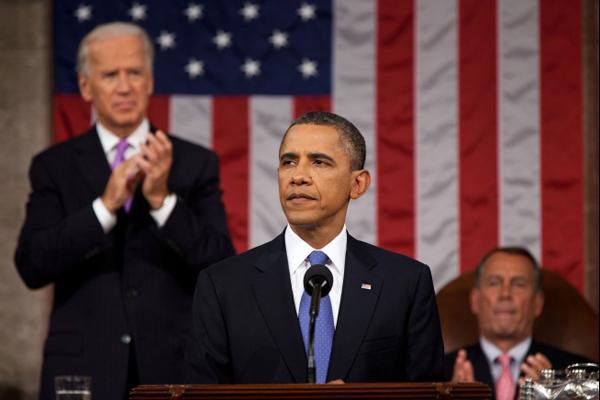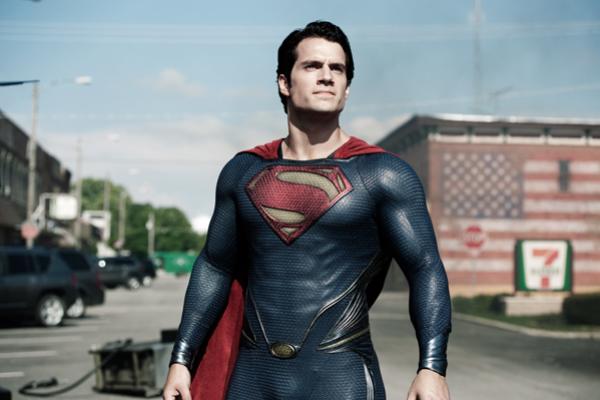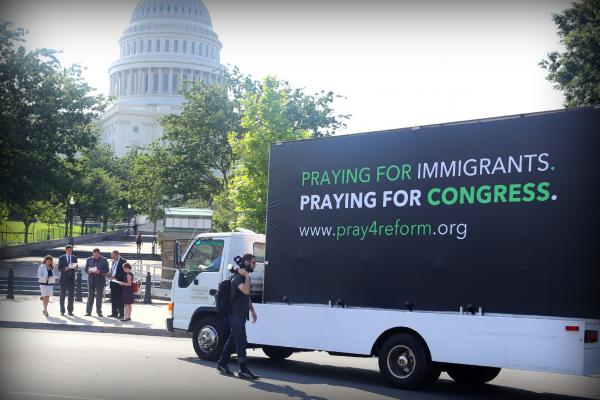The Obama administration on Friday issued final rules for religious groups for its controversial contraception mandate, maintaining its position on who qualifies for religious exemption and allowing no carve-outs for private business owners.
More than 60 lawsuits have been filed over the mandate, a part of President Obama’s Affordable Care Act that requires most employers to provide contraception at no cost to employees.
Just as when the draft rules were first unveiled in February, conservatives denounced them as an unconstitutional violation of religious freedom that forces religious organizations and the religious owners of private businesses to offer services they find morally abhorrent.
The Supreme Court decisions on gay marriage, while historic, didn’t settle the issue. In fact, they fuel it.
For President Obama, the repercussions of Wednesday’s ruling striking down part of the Defense of Marriage Act will mean review and revisions in hundreds of federal laws. In everything from Social Security checks to Pentagon benefits, gay married couples now must be treated the same way as heterosexual couples.
For gay rights advocates, the twin decision that opens the door to resume same-sex marriages in California bolstered determination to expand the right to wed for gay men and lesbians. The Human Rights Campaign set a goal to achieve that in all 50 states within the next five years.
Superman has always had a bit of a messiah complex, born as a modern-day Moses in the imagination of two Jewish guys during the Depression and over the years developing and amplifying his Christlike characteristics.
So it made sense that Warner Bros. Pictures spared no effort in using the Jesus connection to attract the increasingly important Christian audience to see the latest film in the Superman franchise, Man of Steel.
The studio hired a leading faith-based marketing agency, Grace Hill Media, to hold special screenings for pastors, and it developed an extensive website of Christian-themed resources — including specially-edited trailers for use in churches and Man of Steel sermon notes.
The twin Supreme Court rulings on Wednesday that further opened the door for gay marriage in the U.S. were not entirely unexpected, and the condemnations from religious conservatives angry at the verdicts were certainly no surprise either.
So the real question is what gay marriage opponents will do now.
Here are four possible scenarios that took shape in the wake of Wednesday’s developments:
By a 68-32 vote, the Senate just passed S.744, a bipartisan immigration reform bill that people of faith have held up as part of a solution to the United States’ broken immigration system. While it still has to make its way through the House of Representatives, here are the top 10 things that would happen if S. 744 became law:
1. It would create a roadmap to citizenship for aspiring Americans.
Current immigration law has no way forward for immigrants who don’t have the right documents. The Senate bill would open doors for them to become full members of society.
2. It would bring hope to lots of people.
Around 8 million of the 11.4 million aspiring Americans living in the shadows would be able to gain legal status, giving them hope and opportunity. That’s as many people as live in the entire state of New York – a huge impact.
The first thing I did when I read the U.S. Supreme Court’s decisions in the cases involving the Defense of Marriage Act and California’s Prop 8 on Thursday morning was offer a silent prayer.
It was short — just two words — completely heartfelt and probably far more eloquent than anything I’ll manage to write in this space today.
“Thank you,” I told God.
Religious leaders from across the country revealed their thoughts on yesterday’s DOMA and Prop. 8 decisions. Stating both good and bad opinions, religious leaders touched on various viewpoints and shared examples of how yesterday’s decisions will affect the future of religion across the United States. USA Today reports:
Religious leaders on opposing ends of the gay-marriage debate alternately referred to Wednesday as a tragic and a celebratory day after the Supreme Court's decisions on two same-sex marriage cases.
But the traditional religious opponents of gay marriage remained steadfastly against the rulings, condemning them as far reaching and inconsistent with religious principles.
Read more here.


